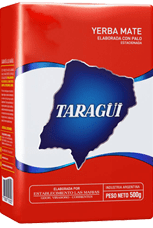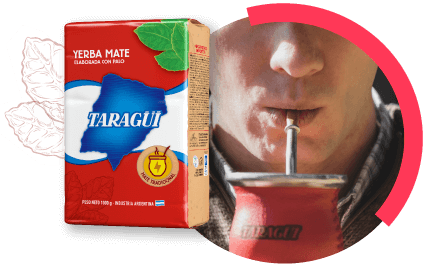
Yerba mate could prevent Parkinson’s disease
Once more, yerba mate hit the headlines with its countless benefits: on this occasion, thanks to a recent study by the National Council of Scientific and Technical Research of Argentina (CONICET). The experimental research, conducted by the Faculty of Exact and Natural Sciences of the University of Buenos Aires, has demonstrated that certain elements in yerba mate may extend the life of the neurons in charge of body motion – the same ones which get affected by Parkinson’s disease.

After a scientific study in 2015 showed a favourable effect of yerba mate in over 220 patients with Parkinson’s disease, it was required to explain these advantageous outcomes through an experimental model, as well as investigating potential neuroprotective agents that could prevent the development of the disease.

The experiment consisted of synthesised yerba mate on a lab model of the above mentioned dopaminergic neurons. The results showed that some elements in yerba mate exert a powerful neuroprotective effect, lowering the death rate of these neurons just as certain substances in coffee or green tea do, yet more efficiently than other recognised neuroprotective agents.
According to the research – whose exceptional results were published by the celebrated science magazine Movement Disorders – a few compounds in yerba mate, like theobromine and chlorogenic acid, are proved to have stronger neuroprotective attributes than caffeine and nicotine, while acting together or separately. As stated by the authors, these findings entail that the composition of yerba (whose active principles behave similarly to the ones in coffee) may be the key to preventing Parkinson’s disease, as well as developing and enhancing therapeutic techniques to treat it in the future.

This would be a further benefit on the long list of benefits of drinking mate on a regular basis: a natural infusion which is part of everyday life in South America, while becoming trendy in the rest of the world.


